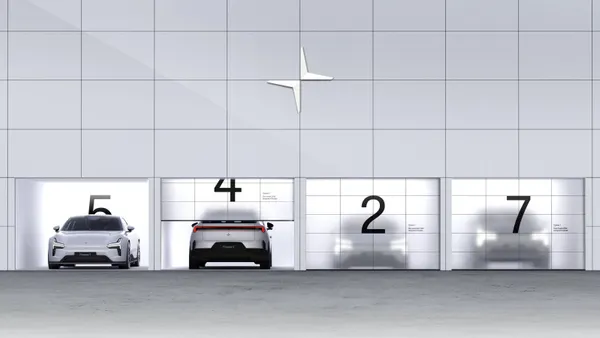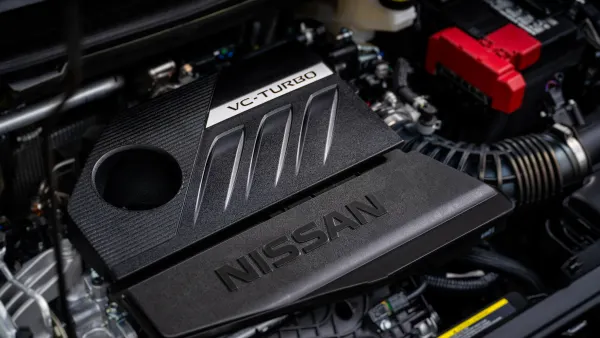Editor's note: This story is part of the WardsAuto digital archive, which may include content that was first published in print, or in different web layouts.
Ctontinental AG's top executive says the decision two years to acquire a controlling interest in the Temic GmbH electronics division of DaimlerChrysler AG has exceeded all expectations.
Electronic content in vehicles is steadily rising, which translates into solid growth potential in both the near-term and long-term business plans for Temic. But the chipmaker, with annual sales of $960 million (E1 billion) in the spring of 2001, was a captive supplier serving only DaimlerChrysler, primarily Mercedes-Benz.
The best way to leverage Temic's expertise in antilock brakes, transmission and engine controllers and airbag sensors was to market the products to other auto makers. DaimlerChrysler was in the throes of restructuring and needed cash.
Hence the April 2001 acquisition by Continental, an independent $10 billion supplier that already sold brakes and tires to virtually every auto maker.
Today, Temic is making solid progress with potential new customers, says Manfred Wennemer, chairman of Continental AG's supervisory board. Before the acquisition, Wennemer says other OEMs were reluctant to share product secrets with Temic because of its DaimlerChrysler connection.
“We have seen that BMW (AG), Volkswagen (AG), General Motors (Corp.) and Ford (Motor Co.) are coming to us and see us as an independent supplier who can offer now the high-end technology that you normally would find in a Mercedes,” Wennemer says during an interview at the North American International Auto Show.
And while Temic financially was hindered as a DaimlerChrysler subsidiary, the 5,800-employee operation today figures prominently in Continental's growth strategy in developing advanced braking, chassis and cruise control.
Wennemer says additional manufacturing capacity most certainly is on the horizon. “If you have the growth that we see, namely more than 20% per year, this clearly means we have to invest in additional capacity,” he says.
This additional capacity will be concentrated in the world's major vehicle-producing regions, with a heavy emphasis on the brake sector. Wennemer says existing plants in the Philippines, Eastern Europe and Mexico are being expanded.
“We are continuously spending money to build new factories and to enlarge existing factories,” Wennemer says.
Plus, Wennemer was pleased at the recent Detroit auto show to hear GM's ambitious plans for up to 1 million gasoline-electric hybrid vehicles across a dozen platforms by 2007.
GM will source an advanced crankshaft integrated starter alternator damper (ISAD) for the upcoming fullsize Chevy Silverado and GMC Sierra hybrid pickups, beginning with the '04 model year.
GM claims ISAD will help the trucks achieve 15% better fuel economy by allowing the engine to automatically shut down when the vehicle stops and restart as soon as the accelerator is pressed.
GM is Continental's lone customer for ISAD — currently. “But I can assure you just now around the Detroit auto show, interest is extremely high,” Wennemer says. “And we hear internally that we have two more orders (from other OEMs), but we don't have it in writing yet.”
ISAD replaces the conventional starter, generator and flywheel with one electronically controlled unit that Continental says provides instant starts, regenerative braking, 42-volt electrical power and active powertrain damping. ISAD will power certain accessories, such as power steering, without sacrificing towing or hauling capability.
Wennemer sees ISAD as an ideal solution for U.S. buyers who want SUVs and pickups that don't guzzle gas.
“I don't think the American public is going to buy smaller cars, so we have to do something on fuel consumption,” he says. “There is exactly where we come in. From what we know, we are the only ones in the world to be close to series production.”
Continental first will produce ISAD systems in Germany, then in Mexico, Wennemer says.
From a supplier perspective, the hybrid segment will not be profitable for the first three years. “But because of the market potential,” Wennemer says, “we clearly see that this will be one of the major profit contributors in the future.”









